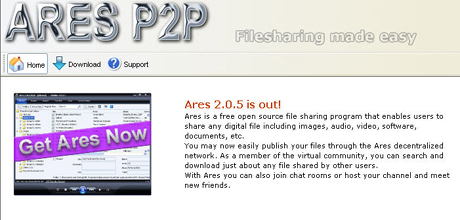Illegally downloading collegians, I hope you get what you deserve


The Associated Press reports today that the Recording Industry Association of America is not letting up on its campaign to target universities where illegal music downloading is going on.
"The music group said popular software programs it has targeted at schools include AresWarez, BitTorrent, eDonkey and other programs that operate on the Gnutella and FastTrack services," the AP's Ted Bridis writes.
"It's something we feel we have to do," RIAA President Cary Sherman tells Bridis. "We have to let people know that if they engage in this activity, they are not anonymous."
Violators are often reported to the university whose network is being used. Internet access priviliges are frequently revoked, with repeated violations leading to one-semester suspension in at least a few cases.
Well, good. And not only for the strain these downloads place on the networks.
I think I owe you an explanation here.
While I don't endorse everything the RIAA has done, I think they are in the right here.
Why?
I used to write about rock music on a national level. I know musicians. I know they spend weeks in the studio trying to find the sound- and sometimes months beforehand fitting words to pieces of lyrics.
If it is copyrighted, it is theirs. Not yours. Yours for listening if you pay for it, but not for placing it on networks or obtaining it on networks where the musicians and lyricists don't get paid.
College students, I know this file-trading comes easy to you. And because I once was one myself, I know what a strain even a 99 cent iTunes purchase can be.
OK, let me broaden the argument here. I am the author of six copyrighted books. If you scanned each page of even one of these books, built a PDF file from them and then placed the PDF up on a file sharing site, I would talk to my publisher(s) about what to do next. And you can bet they would at least consult with their legal department.
Target anonymous, illegal file-traders?
Like I said, the RIAA isn't always right. Sue non-tech-aware grandmas of 11 year-old file swappers for 3K? No way.
But target illegal downloaders and file-swappers on college campuses?
You bet.
But do you?
[poll id=43]